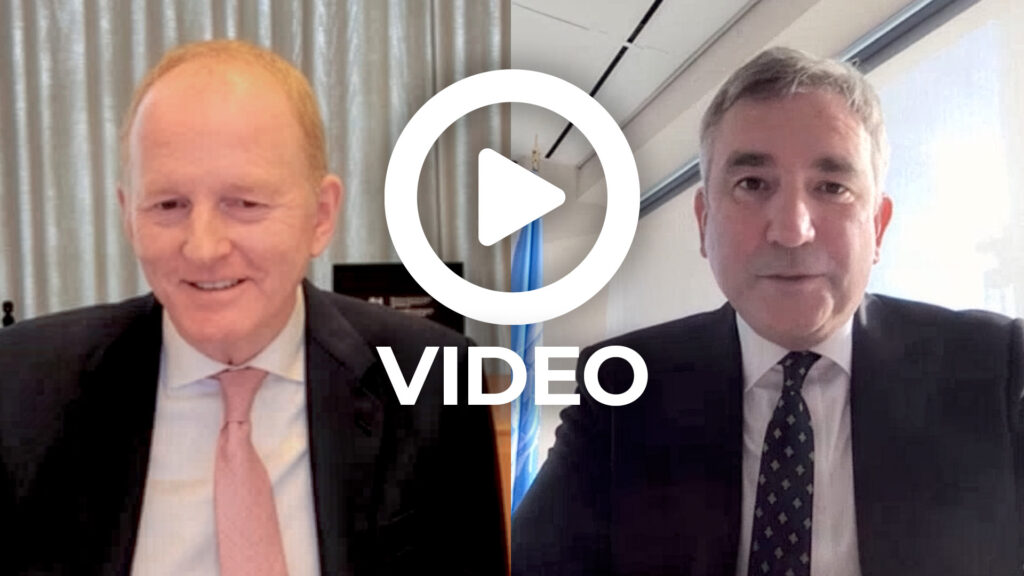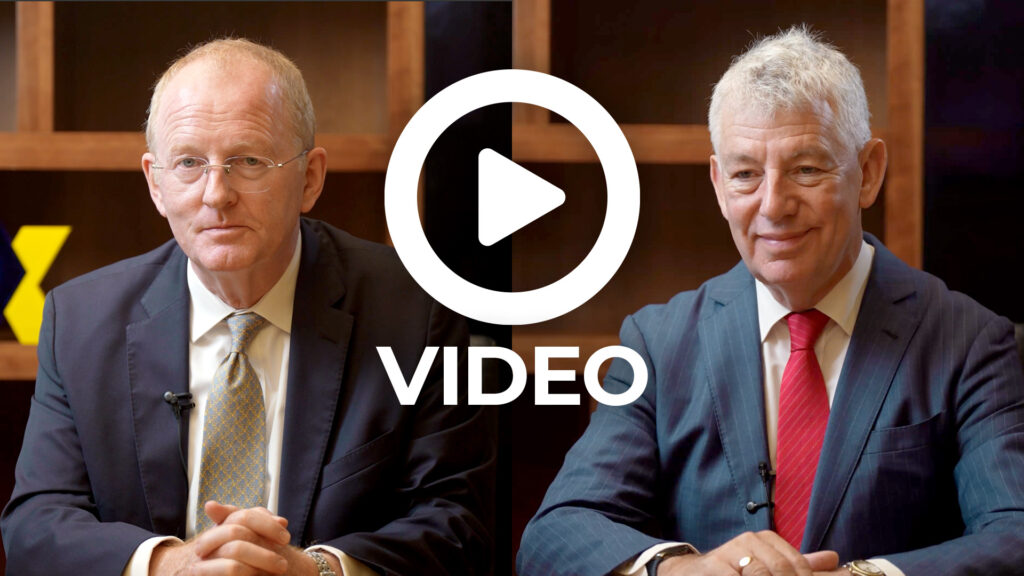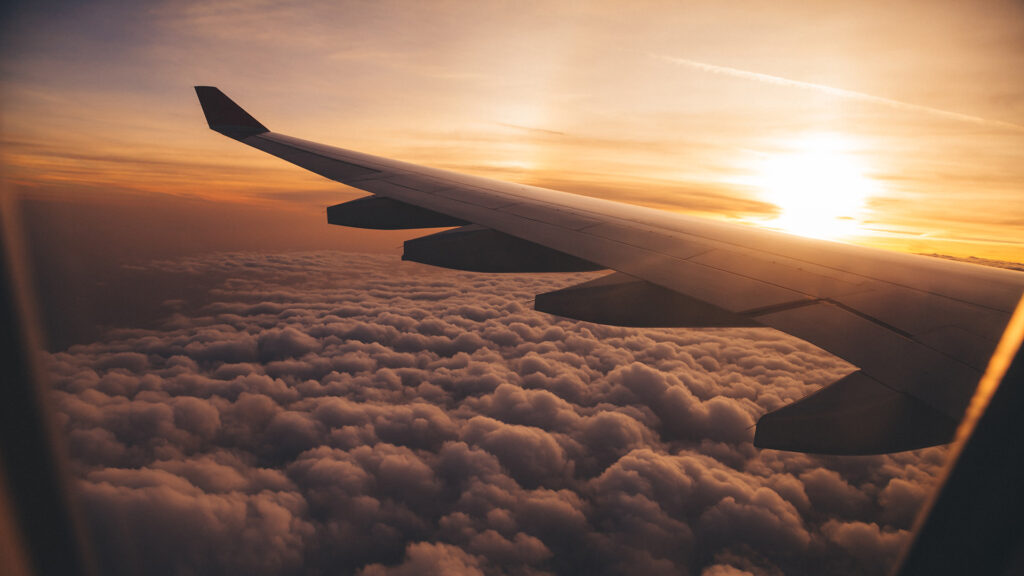Brazil deregulates international flights and simplifies operations for foreign airlines
Brazil has introduced new legislation, which will make it significantly easier for foreign airlines to operate in Brazil.
Provisional Measure 1,089 (PM 1,089), issued by the President on 29 December 2021, is part of a broader initiative by the Brazilian Federal Government called “Programa Voo Simples” or Simple Flight Plan. It aims to deregulate and attract investment to the Brazilian aviation sector, in an effort to counteract the impact of Covid-19 restrictions on operators, airports and other players in the industry.1
This new legal framework eases the operational requirements for foreign airlines’ scheduled international flights into and out of the Brazilian territory: by revoking Articles 206 to 213 of the Brazilian Aeronautical Code it puts an end to the overly bureaucratic application process which they previously had to follow.
The old process required non-Brazilian airlines not only to apply for a formal authorisation from the Brazilian civil aviation authority (ANAC), but also to obtain a separate licence for the operation of scheduled international flights.
With the advent of Simple Flight Plan, foreign airlines are now allowed to operate through a simpler online process and there is no longer any need to establish a local office or obtain a Brazilian tax number (CNPJ) in order to sell tickets for flights to or from Brazil. It should be noted that PM 1,089 has yet to be regulated by ANAC, which is expected to issue complementary rules soon, further detailing the new simplified procedures.
The new rules seek to encourage foreign investment, especially in view of the economic recession and strong devaluation of the Brazilian Real during the pandemic. In fact, Brazilian airlines have ceased to operate a number of international flights over the last two years, although the latest official data published by ANAC indicate that Brazilian airlines still have a market share of 28% of scheduled international flights.
Other changes brought about
by PM 1,089 include:
- The construction of new private airports will no longer need pre-authorisation by ANAC (although ANAC’s approval is still required before the airport starts its operation);
- Remotely Piloted Aircraft weighing less than 150 kg are no longer required to be registered at ANAC;
- Simplification of the rules for payment of ANAC’s supervisory fees levied on airlines and airports.
The new rules have immediate effect, although under the Brazilian Constitution, legislators now have up to 60 days (i.e. until 27 February 2022) to ratify or propose changes.
For further information, please contact the author of this briefing:
Julio Costa
Sócio/Partner, Rio de Janeiro
T +55 (21) 3550 9011
E julio.costa@cal-law.com.br
Fernando Albino
Sócio/Partner, Sao Paolo
T +55 (11) 3179 2901
E fernando.albino@cal-law.com.br
Eduardo Penna
Senior Associate, Rio Janeiro
T +55 (21) 3550 9016
E eduardo.penna@cal-law.com.br
Footnotes:
Download a PDF version of ‘Brazil deregulates international flights and simplifies operations for foreign airlines’








-1024x683.jpg)

